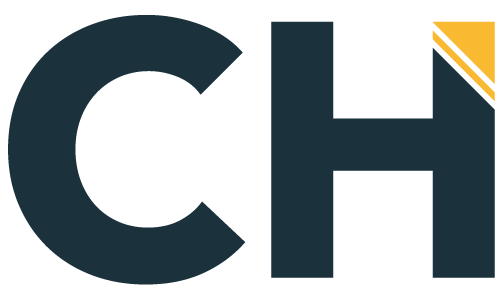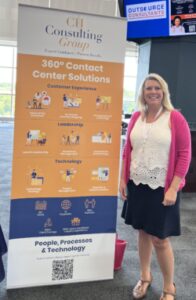I recently initiated a conversation on my Facebook page around the idea of being “too busy” and what that means in regards to priorities around how we spend our time. Being too busy is an epidemic and sometimes an easy excuse. This is not to say that being busy is not a true thing. We all will experience our own crunch time, busy season, and life events that by their very nature consume large amounts of our time. As with all things in life, however, we need to be mindful always that we have a choice regarding how we spend our time and make sure that we take the time to check in and evaluate where we are allocating our time and energy to make sure that it is moving us in a positive direction.
Work is one of the items that can easily make us too busy that we need to balance out. Not only in conjunction with our off-work time, but also how we are best spending our time at work. It can be easy to busy ourselves without getting much actual work done. There are many time-traps and time-wasters – from our email inbox to our chatty co-worker – that we can learn how to best manage. The time management industry is so large today it is gaining ground on the weight loss industry!
But this isn’t about time management. I’m not giving advice on how to plan your day or implement at “1-touch” rule to the documents scattered on your desktop. I was looking at the business side of my Facebook post and what we are willing to sacrifice within our organizations because we are ‘too busy.’
I have been consulting with businesses in various capacities for most of my professional career. Here are some of the more common items that I have found companies, regardless of industry, seem to consistently de-prioritize. The other common theme is that they all inevitably come back around to demand their attention – and we are often brought in to assist with:
- Develop accurate, thorough, clearly written job descriptions.
- Conduct (annual or ongoing) performance reviews consistently.
- Provide ongoing and new hire training to employees; especially new managers.
- Create a marketing plan and budget.
- Develop annual sales strategy and goals.
- Document company policy and procedures.
- Conduct a company evaluation through gap or SWOT assessment.
- Establish consistent communication protocols with both employees and clients.
- Review and audit pay structure and pay practices.
- Build annual and multi-year budgets (overall and by department).
Each of these items has their own low-impact and high-impact consequences they bring to the overall performance and health of your organization if they are not in place, and/or if they are not used/accurate/updated.
Strategic planning meetings, minimally annually – ideally quarterly – are a great way to make sure that as you prioritize focus throughout the year, that even when you are too busy to think about it – you know you are following a plan that keeps things on track, productive and in line to meet your goals.
What are you too busy to do and what can we do to help make it happen for you?




